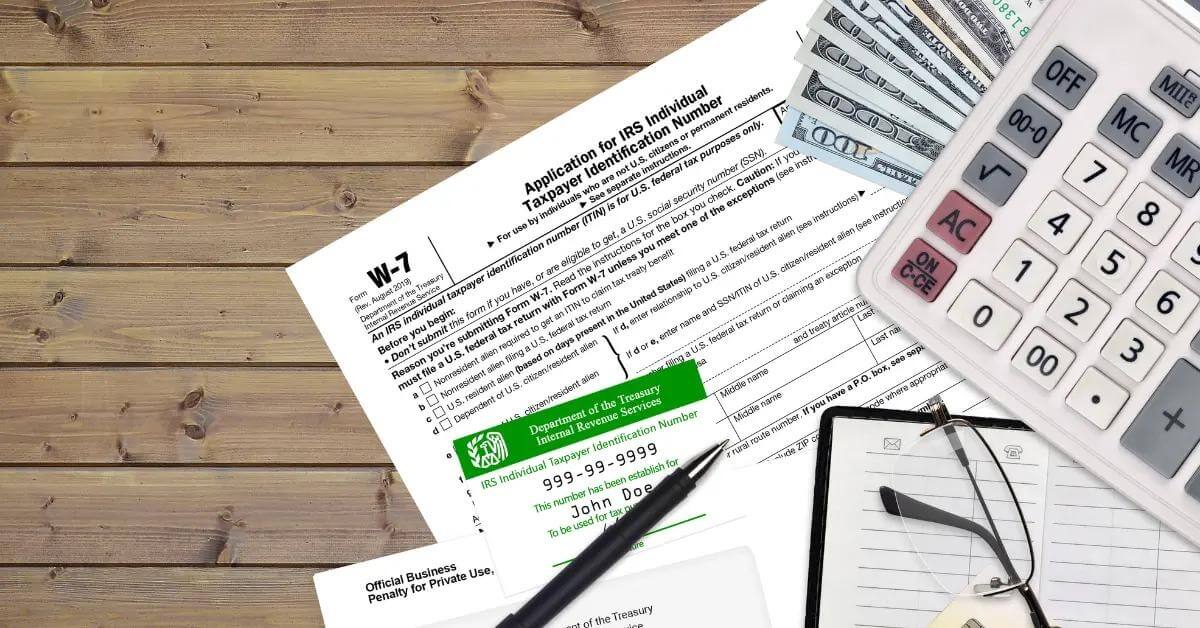There are a lot of perks that go with corporate offerings, and you may have a travel and expense budget, per diem stipend, company phone, or even a car allowance. Many of those factors can heavily influence whether you choose to take a certain job or how long you choose to remain with a certain company.
At the same time, however, you must understand which of these items constitute taxable income and which do not to properly fill out your personal income taxes. Is car allowance taxable income? Many workers find themselves considering this key question, or worse, failing to consider it until it comes up as they later manage their taxes. This guide will help give you a better understanding of which types of income you should include on your taxes.
What is Taxable Income?
Your taxable income starts with your salary: the actual wages, tips, and bonuses you receive for doing your job. You should also expect to include any “extras” that count as income when you file your taxes. This includes:
- Stock options
- Bonuses
- Awards and prizes

Whether your car and other business-related allowances count as a taxable income often depend on how your employer lists those allocations:
- If your employer has an “accountable” plan, in which it requires you to submit specific information about your claim to receive reimbursement, those allowances may not count as taxable income.
- If your employer has a non-accountable plan and does not require you to submit any information about your vehicle usage or mileage, on the other hand, you may have to count your car allowance as taxable income.
Under a non-accountable plan, your employer simply provides you with a set amount of money based on its standards. A sales rep might receive $575 as a monthly car allowance, for example, and the employer counts this as compensation for wear and tear on their personal vehicle. The employee need not necessarily spend $575 per month on his car, and would continue to receive that amount regardless. As a result, that allowance is taxable income.
How Allowances are Different
Some companies provide allowances or stipends based on an employee’s actual expenses. For example, you might receive a stipend based on the actual mileage put on your car for wear and tear on the vehicle and the gas you spent. This system requires accountability, is based on actual expenses and usage, and requires submitting forms to prove usage for work travel.
Is Your Car Allowance Taxable?
If you’re concerned about whether a specific allowance or benefit counts as taxable income, ask yourself these key questions to help determine whether you need to claim it.
- Do you receive the same compensation regardless of actual usage?
You have a car allowance of $600 per month. Do you receive that compensation even during slow months, when you might not need to spend as much time behind the wheel? Do you receive the same allowance even when you go on vacation or take time off? If so, chances are, you need to count it as taxable income.

- Do you have to provide information about usage to your employer?
Do you have to submit mileage reports to claim your car allowance? Do you have to provide a record of your cell phone bill to receive reimbursement? If so, you may not have to claim it as taxable income.
- Does your employer pay for a specific benefit directly?
If your employer offers you a company car rather than providing you with a car allowance, you do not have to count that vehicle — which remains in the company name — as taxable income. Likewise, if it provides you with a company-sponsored cell phone, you do not have to count the lack of that bill as taxable income.
- Does the item in question have a business connection?
Some employers may provide allowances for things that have nothing to do with the business. If you receive compensation through an allowance for an expense not related to your work, you may have to claim it as taxable income.
- Did you pay specifically for a business-related expense?
You went on a business trip, and you paid for your own lodging and travel on your credit card before requesting reimbursement through your business. Those expenses are business expenses, and their reimbursement does not count as taxable income. You paid to rent a car for a business trip, and your employer reimbursed you for it.
If you have questions about whether something counts as taxable income, you should consult a tax attorney as soon as possible to learn what you should claim and how to include it. Failing to claim the right elements as part of your taxable income could lead to an audit and, eventually, a high debt to the Internal Revenue Service (IRS). On the other hand, including the wrong things in your taxable income could lead to considerable over-payment, decreasing the funds you have on hand.
Unsure How Much of Your Income is Taxable?
Understanding what counts as taxable income and what doesn’t can prove critical to your actual income and ensuring you put together your taxes correctly. Contact Silver Tax Group today to speak with an expert about your taxes, including any additional perks offered by your business that you might need to include as part of your taxable income.








